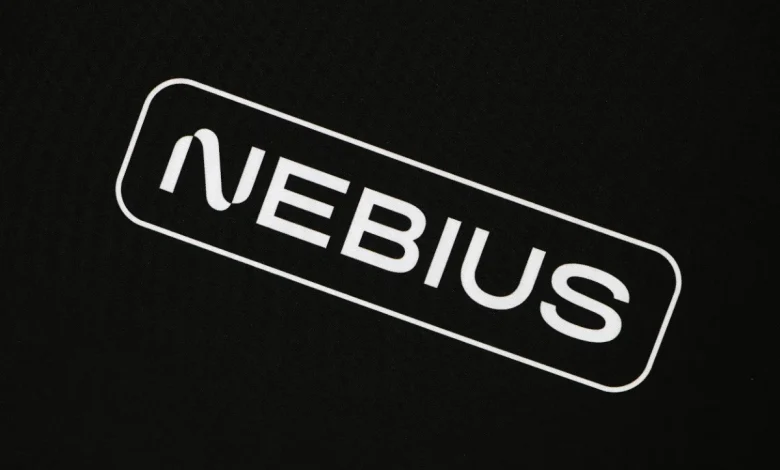AI cloud firm Nebius signs US$3 bil deal with Meta, posts more than four-fold rise in revenue

BENGALURU (Nov 11): Nebius Group has signed a deal worth about US$3 billion (RM12.42 billion) with Meta to provide the Facebook owner with artificial intelligence (AI) infrastructure over a five-year period, the company said on Tuesday, after it reported a more than fourfold rise in third-quarter revenue.
The company’s shares seesawed in volatile premarket trading, after it posted a surge in capital spending and a quarterly loss of over US$100 million, widening from US$39.7 million last year.
The stock has been on a strong run this year, with its market value rising fourfold to US$27.61 billion, through last close.
The agreement with Meta underscores the surging demand for high-performance computing power that is required to build and run AI models.
It is Nebius’ second contract with a hyperscaler, following its US$17.4 billion deal with Microsoft in September.
Nebius said it would deploy the capacity needed for the Meta contract over the next three months, adding that the demand was so strong that the size of the contract had to be limited to the capacity that Nebius had available.
Amsterdam-based Nebius is among a group of so-called neocloud companies that offer hardware and cloud capacity as services. Its core business involves providing Nvidia graphics processing units (GPUs) and AI cloud, helping companies expand their AI infrastructure.
Nebius and its larger rival CoreWeave have seen strong demand this year, as insatiable AI appetite has left even the biggest cloud companies, such as Microsoft and Amazon, with capacity constraints.
Nebius reported a 355% jump in revenue to US$146.1 million in the third quarter ended September.
The company is targeting US$7 billion to US$9 billion in annualised run-rate (ARR) revenue by the end of 2026, compared with its ARR of about US$551 million at end-September.
Its capital expenditures ballooned to US$955.5 million in the September quarter, from US$172.1 million a year earlier, as the company invests heavily in securing GPUs, land and power.
Uploaded by Liza Shireen Koshy





